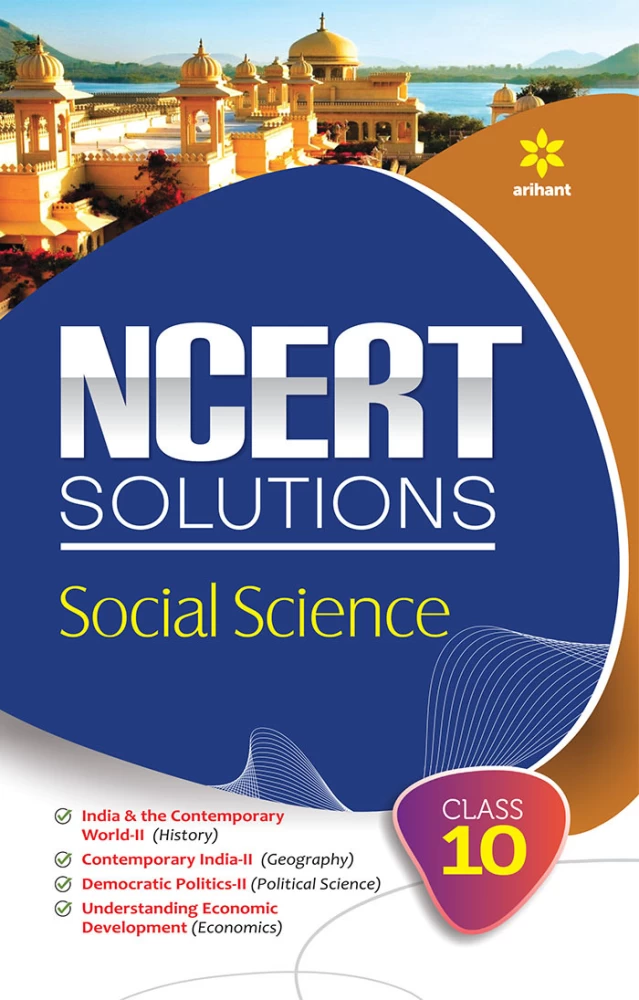
Comprehensive Course Outline for CBSE Class 10 Social Science (45 Weeks)
This course is designed to cover all essential topics from the CBSE Class 10 Social Science syllabus, divided into weekly modules to facilitate systematic learning. The curriculum integrates theoretical learning with practical activities, assessments, and the use of digital tools to enhance understanding and engagement.
What Will I Learn?
- Detailed understanding of History, Geography, Political Science, and Economics.
- Analytical skills to connect past events, geographic phenomena, political systems, and economic principles to current scenarios.
- Skills to answer board exam questions effectively.
- Improved awareness of social, political, and economic issues.


